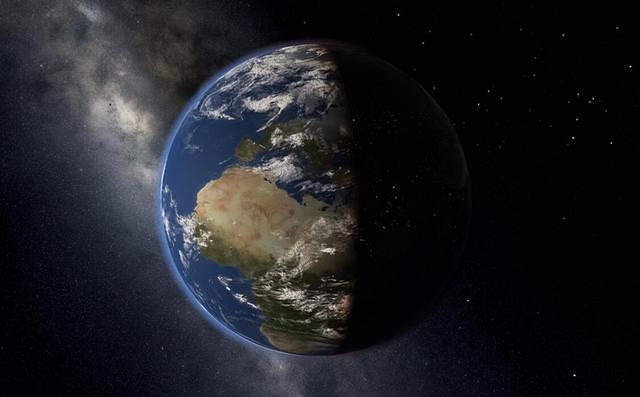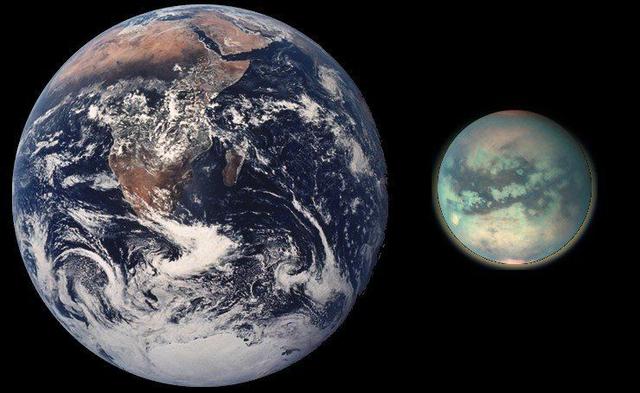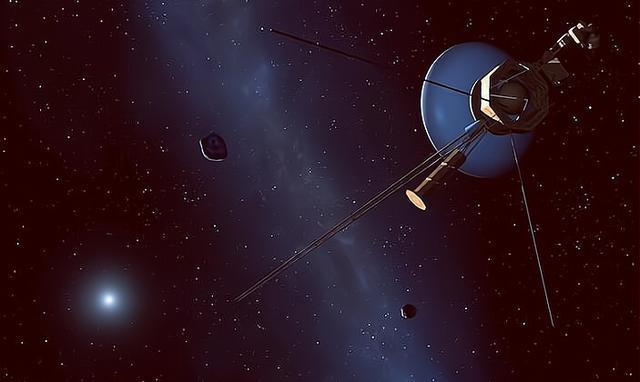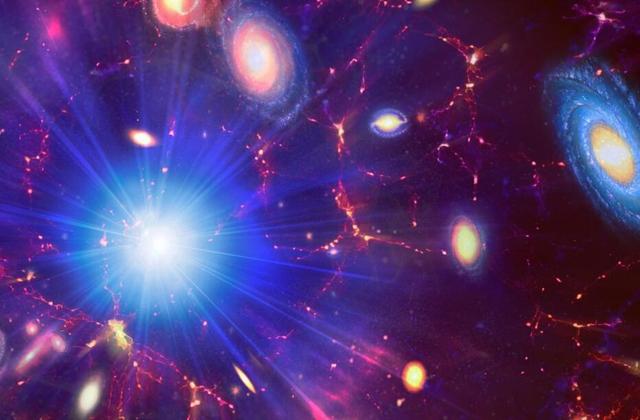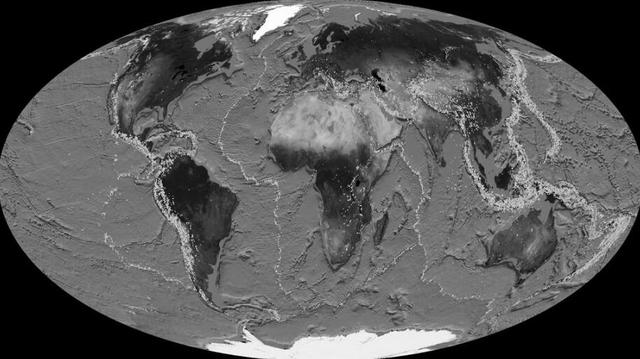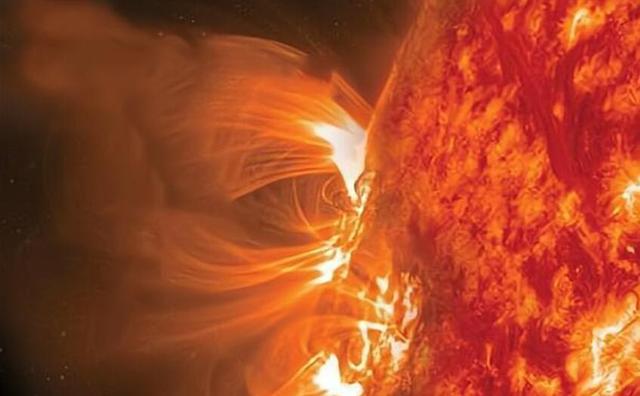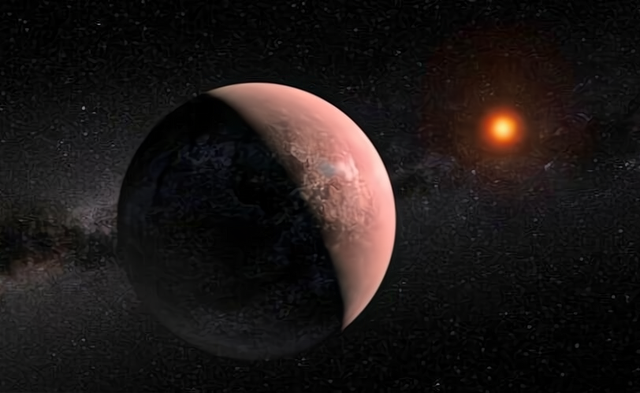- Beauty
What would it mean for humanity if extraterrestrial life was one day discovered on a planet in our solar system? To this question, we would normally agree that it would of course be exciting good news, after all the discovery of extraterrestrial life could make mankind feel less alone in the universe.
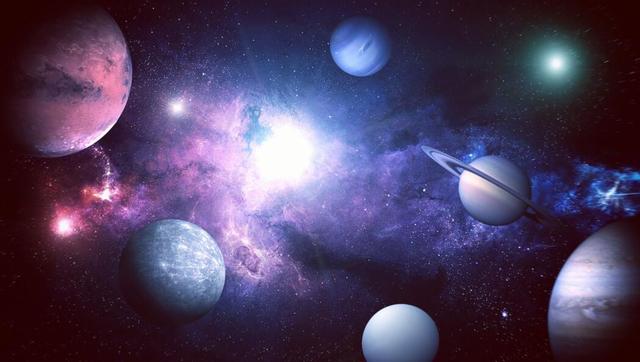
However, there is a view that the discovery of extraterrestrial life in the solar system is not good news for humanity, on the contrary, it would be the beginning of despair for humanity, why do you say so? Here's what we have to say.
This idea is based on the "Great filter theory", which was developed to explain the "Fermi paradox".
In short, the fermi paradox is that the universe is so large and has existed for so long that even in the milky way there are hundreds of millions of habitable planets, many of them older than the earth, and it is only logical that there should be intelligent beings in the milky way that are hundreds of millions, if not billions, of years ahead of humans. By now, they should have long since developed into interstellar civilizations capable of spanning the galaxy, and we should easily be able to observe traces of their existence in the universe, but the reality is that we have never found such a phenomenon, and a paradox is thus formed.

"The explanation of the fermi paradox by the "Great filter theory" Can be simply described as follows: There is a mechanism in the universe known as the "Great filter" That is preventing the emergence of interstellar civilisations. This mechanism is so difficult to break through that no habitable planet in the galaxy has evolved into an interstellar civilisation until now.
The "Great filter theory" Has gained a lot of acceptance because it can reasonably explain the "Fermi paradox", but the question is, has life on earth evolved all the way to the present time, and has it broken through this "Great filter"? But the question is, has life on our planet evolved all the way to the present time, and has it ever broken through this "Big filter"? Obviously, there are only two answers to this question, "Yes" And "No".
Assuming that we have broken through the 'great filter', it means that life on earth has undergone a process so difficult in the past that it is almost impossible to do it again - what would it be?
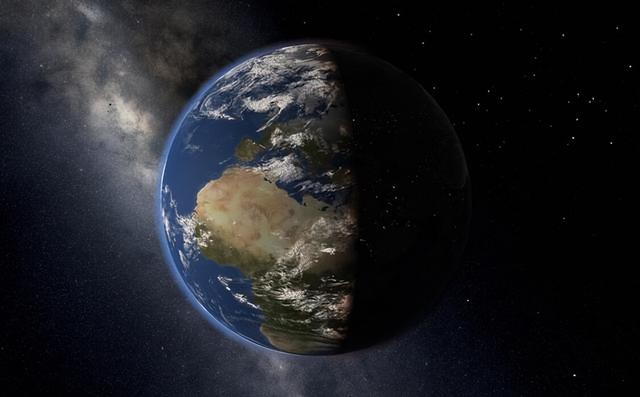
Looking back at the evolution of life on earth, we can briefly summarise the 4 key processes involved, namely: 1. The birth of life; 2. From simple life to complex life; 3. From complex life to the evolution of primitive humans; and 4. The development of primitive humans into modern earth civilisations. In fact, of these four processes, we already know a fair amount about the 2nd, 3rd and 4th, but we know very little about the 1st one.
The complexity of life is so astonishing that the internal structure of even a single-celled organism is so subtle that modern human technology cannot create the simplest of beings from non-living matter.

How on earth did such complex life come to be on earth? This is a huge mystery to modern humans, but we are almost certain that the 'birth of life' is a process that has a very low probability of occurring.
Scientists have found that all known life on earth is based on the same basic biochemical organisation and has an almost identical genetic code, which strongly suggests that life only originated once on earth and that it is likely that all known life on earth has a common ancestor, which scientists have even given a name to: Luca.

In other words, it is likely that "Life evolved from non-living matter" Only happened once in the billions of years of earth's history, and the probability of this happening is negligible.
Therefore, if we have indeed broken through the "Big filter", it is likely that this "Big filter" Is the first of the four processes mentioned above, i.e. The "Birth of life "After all, this is the one with the highest unknown factor and should be the most difficult.
If this is the case, extraterrestrial life is not as widespread in the milky way as we previously thought, and although there are hundreds of millions of habitable planets in the galaxy, the probability of life appearing on these planets is minimal due to the limitations of this 'big filter'.
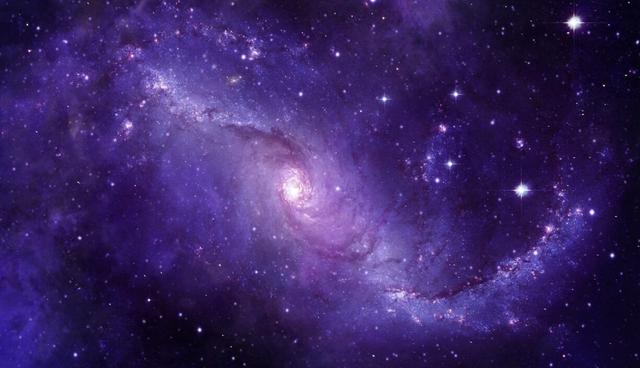
This would result in a galaxy with very few planets with life, and it is likely that life on earth would be one of the few, if not the only, life in the galaxy, so of course there would be no interstellar civilisations in the galaxy today.
Obviously, if extraterrestrial life is found in our solar system, the above speculation is disproved, for the simple reason that the existence of life on several planets in our small solar system is enough to show that the "Evolution of life from non-living matter" Is not as difficult as we think, and that there is some mechanism that makes it easy. There should be sotme mechanism that makes it easy, and life is actually common in the galaxy.
This means that it is likely that we have not broken through the "Big filter", which is obviously not good news for humanity and could even be the beginning of our despair, because if the many beings in the galaxy never break through the "Big filter if the many beings in the galaxy are never able to break through the limits of the "Great filter", then of course we on earth, as one of them, will face the same dilemma.

And if that were the case, a bleak end would probably await humanity, because the carrying capacity and habitable time of the earth and the entire solar system are limited, and if humanity never develops into an interstellar civilisation, it is destined to disappear from the universe.
Of course, this is only a reasonable speculation, and there is no way to prove whether this is the case. Even if the "Great filter theory" Is correct, we would not necessarily be in a desperate situation - after all, we have never found any definite extraterrestrial life.
So we can still be optimistic that humanity has broken through the limits of the 'great filter' and look forward to the distant future when we will indeed become an intergalactic civilisation.

